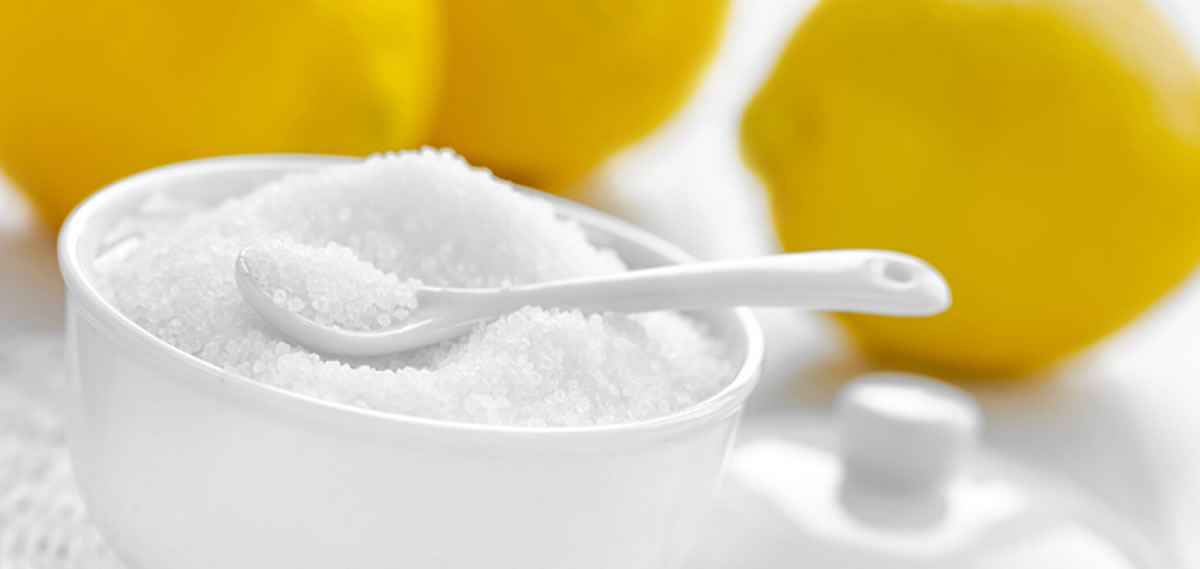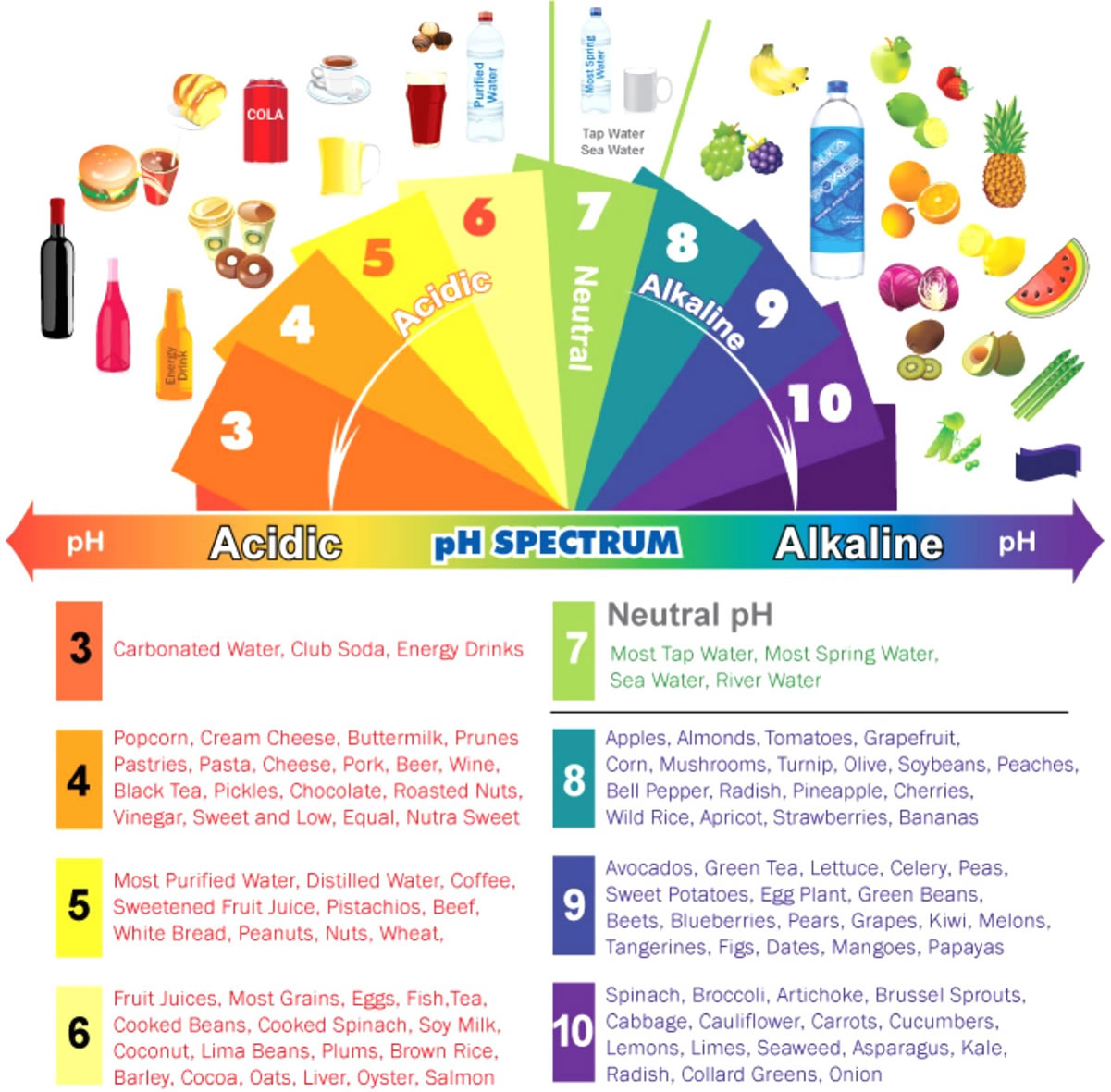
09 Dec Dental Erosion
Do you suffer from sensitivity? Have you noticed your teeth looking more yellow, or shorter in length? You could be suffering from erosion, or acid wear. Dental erosion is caused when the teeth are bathed in acid, which wears away the tooth surface.
The acid that causes erosion, or acid wear, can come from foods or drinks that are consumed (extrinsic acid), or from conditions such as reflux or heart burn (intrinsic acid).
For erosion to occur, the tooth needs to be in sustained contact with acidic substances, with a pH of less than 5.5. This is the ‘critical’ pH of a tooth, meaning that anything below this pH will start to leach minerals out of the tooth surface. If the pH is returned to above 5.5, demineralisation stops, and remineralisation begins, where the minerals (e.g. calcium, phosphate & fluoride) are replaced into the tooth structure.
There is always a play between demineralisation and remineralisation in our mouth, and in many cases, it balances out and doesn’t cause any damage to the teeth. If the balance between demineralisation and remineralisation is tipped more toward demineralisation, the effects of erosion will start to be seen.
Saliva is a major player in balancing this process, as it helps to buffer the acids & return the pH to neutral. If you have poor quality saliva or a reduced amount of saliva, you may see the effects of erosion more quickly. Several things can affect your saliva, such as medications, autoimmune conditions such as Sjogren’s, or being dehydrated.
Why are my teeth sensitive and more yellow?
These two symptoms are very closely linked in erosion. A healthy tooth has a layer of enamel, which is white/translucent in colour. Under the enamel is the dentine, which has a darker, yellowish colour. When the tooth surface is being eroded away by acid wear, the layer of enamel is reduced in thickness, and more dentine shines through, giving the yellow colour to the teeth. It is this same process that causes sensitivity, as enamel acts as a insulation for the tooth, so the less enamel that is covering the surface of the tooth, the more likely it is that you will experience sensitivity; using a sensitive toothpaste may help reduce sensitivity, but it will not stop the process of erosion alone. Bleaching the teeth for a whiter appearance may also increase sensitivity.
What foods and drinks are acidic?
Soft drinks, fruit juices, sports drinks, energy drinks and wines are almost always acidic in nature, and generally have a pH of 5 or less. Any carbonated beverage will be acidic, (including beer!). Included in this is the now very popular drink Kombucha with a Ph of 2.5-3.5
Some foods that are acidic include apples (pH 2.9-3.3), tomato sauce (pH 3.7), salad dressing (pH 3.3), yoghurt (pH3.8-4.2).
Some other common things that come into contact with the teeth and are acidic include vitamin & mineral tablets, including chewable Vitamin C tablets, apple cider vinegar or lemon in water, and chlorinated pool water.
How can I stop dental erosion?
There are many ways which the process can be slowed or eliminated. Your dentist or hygienist will be able to help guide you in determining what could be causing the acid wear, and the best way to reduce the effects. See below for the most common ways you can reduce the effects of acid wear at home:
- Avoid consuming carbonated drinks, fruit juices, lemon, Kombucha or apple cider vinegar water. If you do have one of these try to drink it all at once, rather than sipping on it over a long period of time. You can also try drinking it through a straw to reduce its contact with tooth surfaces. It is also best to consume these drinks at a meal time, rather than in between meals to further reduce acid attacks on your teeth. Water should be the main drink consumed throughout the day.
- Using fluoride toothpastes helps to strengthen the surface of the tooth to resist acid wear. Brush twice a day with a fluoride toothpaste, and avoid rinsing with water afterwards to allow the fluoride to remain in the mouth for a longer period of time. i.e, brush your teeth, spit the toothpaste out, and leave it.
- Avoid brushing straight after consuming an acidic food or drink, or after an episode of reflux or vomiting. It takes about 30-60 minutes for the pH to return to neutral, and during this time, the tooth surface has been weakened by the acid. If you brush straight away, you are more likely to brush away the surface layer of the tooth. You should always use a soft toothbrush when brushing your teeth, as medium and hard bristles are more abrasive to the teeth and gums.
What can be done if I already have erosion?
If dental erosion is left to progress, the eventual outcome will be severe loss of tooth structure, leading to poor aesthetics, sensitivity, and possible exposure of the nerve of the tooth resulting in pain. You should talk to your dentist or hygienist if you think you might have erosion or if you have any of these symptoms.
Depending on the severity of the erosion, they may recommend fillings, crowns, or other methods of restoring the tooth surface to improve aesthetics and reduce sensitivity. They may also recommend a saliva test, to determine if it is the buffering capacity or quantity of saliva that could be contributing the erosion, and they may even send you to your GP for further tests to check for reflux or GORD, in order to help prevent further loss of tooth structure.
If you’re noticing sensitivity or the appearance of your teeth is changing – don’t delay and book in with our experienced team by phoning 02 4961 6300 or direct booking online at www.boultondental.com.au


Sorry, the comment form is closed at this time.